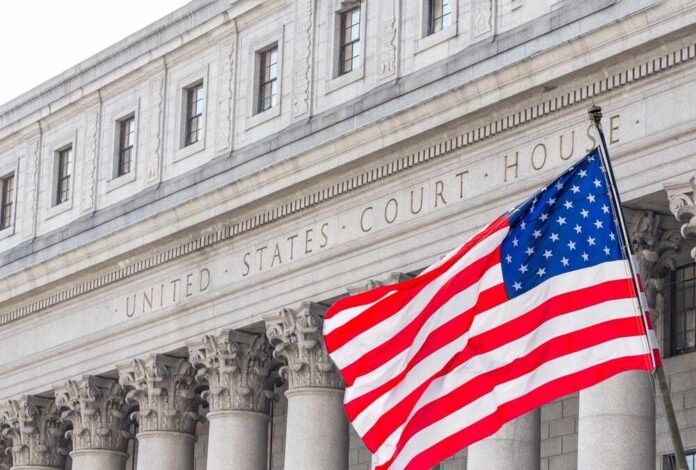
The Supreme Court agreed on Tuesday to allow the Biden administration to regulate so-called “ghost guns,” which are largely parts for firearms that do not include serial numbers.
The court overruled Judge Reed O’Conner of the Northern District of Texas. His July ruling blocked the Biden regulation from taking effect nationwide, and that decision was left in place by the 5th Circuit Court of Appeals.
But a surprising coalition assembled to grant the White House the authority to regulate these firearms.
Joining the court’s liberal minority were Chief Justice John Roberts and Justice Amy Coney Barrett. Four other conservative justices would have allowed the rule to remain on hold while the appeals process continued.
The decision was reportedly not final, and the high court could still hear the case.
The controversial regulations were announced last year by the Bureau of Alcohol, Tobacco, Firearms and Explosives (ATF). They targeted what the agency claimed was the rise in these untraceable firearms at crime scenes across the nation.
BREAKING: Supreme Court allows continued regulation of so-called 'ghost guns'https://t.co/v0INVCGv6X
— Fox News (@FoxNews) August 8, 2023
The administration asserted that these parts and assembled handguns were a public safety threat that must be addressed. Under the new regulations, the parts would be required to have serial numbers and sellers would keep transaction records and run background checks.
This constituted an entirely new definition of “firearm.”
O’Connor, however, ruled that the ATF went beyond its authority and created legislation when it changed the definition of firearm parts to be firearms themselves.
He ruled that the authority to enact this regulation was vested in Congress, not the ATF.
The Firearms Policy Coalition expressed disappointment with the Supreme Court’s action. General Counsel Cody J. Wisniewski said the high court “pressed pause on our defeat of the ATF’s rule effectively redefining ‘firearm’ and ‘frame and receiver’ under federal law.”
Attorneys for the challengers used a taco analogy, equating the parts of the firearms to ingredients sold at a grocery store. The kits are not tacos, and “cooking the meat” along with other steps are required before that definition is reached.
Wisniewski expressed confidence, however, that victory over the ATF overreach will ultimately be realized. The case will now return to the lower courts where the plaintiffs will certainly continue to press their argument that the rule is illegal.













